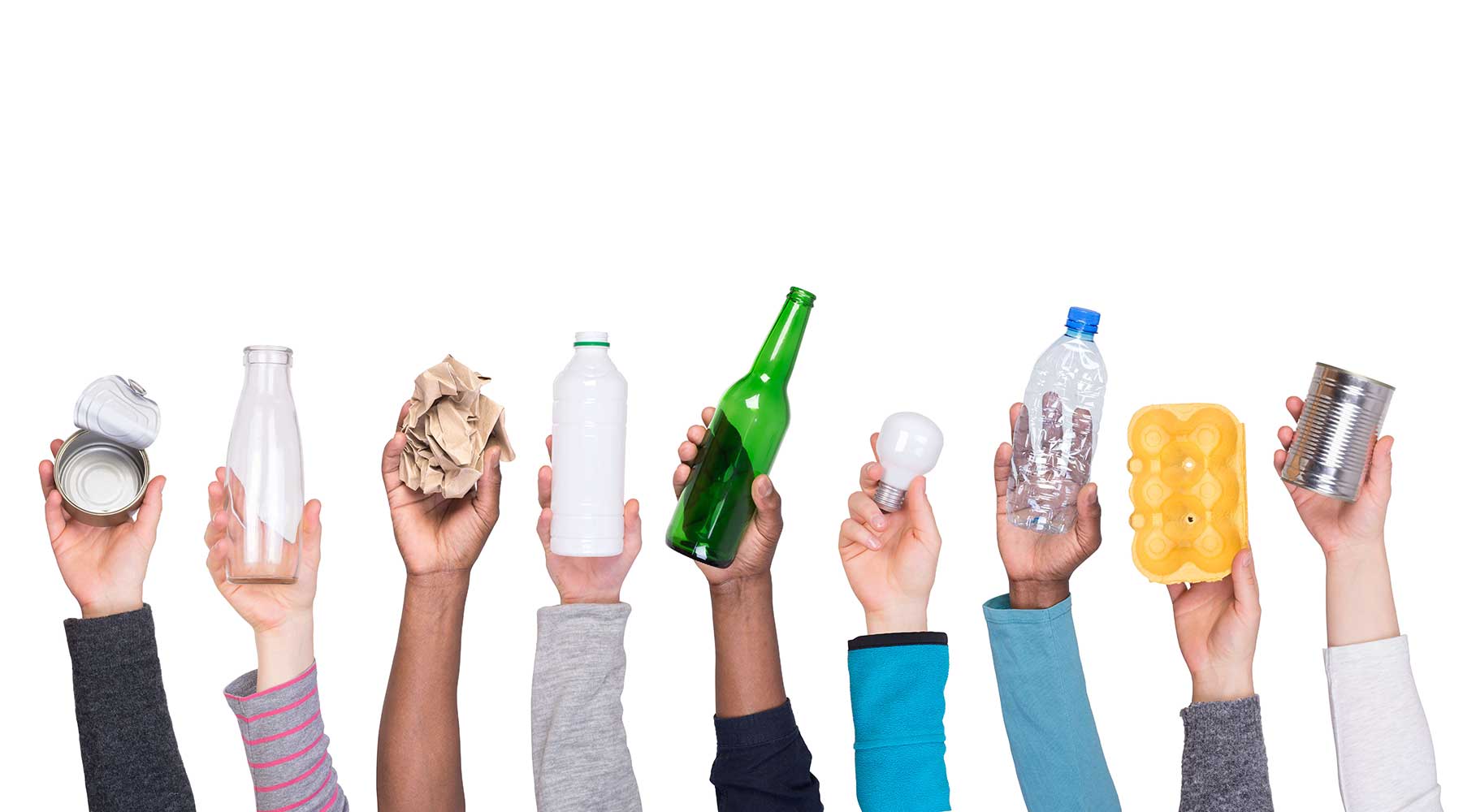Posted on 18th January 2019 by Hintons
 Improving recycling rates, and the race to cut waste and safeguard the environment, are global concerns. Some countries are better than others when it comes to promoting, encouraging and carrying out efficient recycling methods, and there are plenty of things we can learn just by looking at different examples from around the world.
Improving recycling rates, and the race to cut waste and safeguard the environment, are global concerns. Some countries are better than others when it comes to promoting, encouraging and carrying out efficient recycling methods, and there are plenty of things we can learn just by looking at different examples from around the world.
In this article, we’re highlighting some of the world’s most successful recycling practices from different countries, giving us a better understanding of recycling on an international scale.
Which country is the ‘best’ at recycling?
To answer this question, it’s best to look at the stats. Sweden has often been touted as a world-leader in recycling, and they are, if you follow a specific set of criteria. Sweden counts ‘energy recovery from waste incineration’ in its recycling rates, but this isn’t what we’d typically think as day-to-day recycling. Instead, if you look at municipal recycling of waste, Germany comes out on top, recycling over 65% of waste across the country. Sweden, under this metric, recycles less than 50%
Wales – the up and coming recycling king?
One of the most interesting case studies when it comes to global recycling is Wales – a country which is punching well above its weight, putting to shame many of its European colleagues. The country hit its 2020 waste recycling target in 2016 – four years early! But how have they pulled it off?
The main reason is the country’s collective effort under the ‘Collections Blueprint’ scheme. This scheme standardises how local authorities collect waste from households – unifying the country’s waste strategy making it easier for the public to recycle in the first place.
The recycling strategy seen in Wales acts as a microcosm of the idealised global approach to recycling. The goal of zero to landfill can be achieved one day, through cohesive, well planned efforts such as this.
Indonesia – the waste for healthcare exchange
As a country where over 60% of its population does not have health insurance, and where massive amounts of waste are generated every day, Indonesia was in need of solutions to both problems. Who would have thought that someone would step in with an idea to alleviate both in one go?
Since 2014, Dr Gamal Albinsaid created the GCI (Garbage Clinical Insurance) program, where individuals can bring 3-4 kg of waste each month to participating clinics. Organic waste brought to the clinics are converted to fertiliser, while inorganic waste is sold to collectors. The money raised from these processes allows the patients who donated to access medicine, physical and mental health care, counselling and a host of other healthcare programs. Since its inception, the GCI program has been universally praised, and has provided healthcare to over 3,500 individuals.
Hong Kong – the converted landfill site
A key step towards sustainability is recognising past mistakes. In Hong Kong, this is demonstrated beautifully by the Sai Tso Wan Recreation Ground. Originally a landfill site which only operated for three years between 1978 and 1981, the Sai Tso landfill housed around 1.6 million tonnes of domestic and commercial waste. The site was closed and sealed in 1981, but was finally restored into its current form: a sustainable recreation ground used by the public.
Constructed between 1995 and 2004, the recreation site uses wind turbines, rainwater harvesting and methane gas conversion to sustain itself. Lights and electrics throughout the site are operated through electricity generated by turbines, and irrigation is handled by recycling surface and rainwater. Used tyres were shredded and the materials used to create a subbase and safety mats across the ground, and the site now operates every day – sustainably – as a popular sports ground for locals.
Recycling targets
As we said at the beginning, recycling is a global endeavour. To build towards worldwide sustainability, countries must make sure they’re achieving their recycling targets. The EU, for example, is looking to set a new target of 65% recycling by 2030. Wales – a country which is already surpassing its goal – looks to improve even further by aiming to achieve zero waste by 2050. It’s these high standards, accountability and dedication to improvement will help immensely as the world works towards a more sustainable, recycling-centric future.
At Hinton’s Waste, we keep up to date with all developments in the recycling industry, and we do our part for sustainability by recycling at least 90% of the waste we collect. To find out more about the wide range of recycling and waste management services we offer across London, Sutton, Croydon and beyond, simply contact us today.
